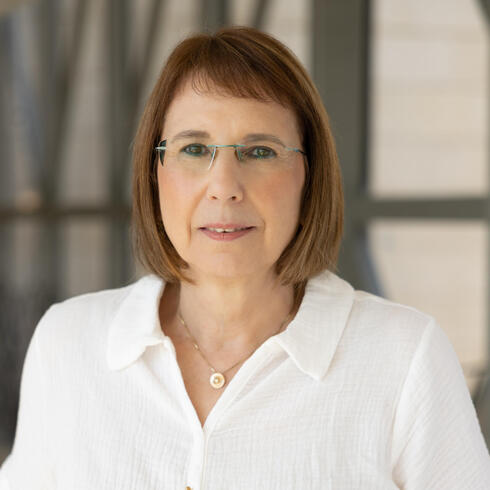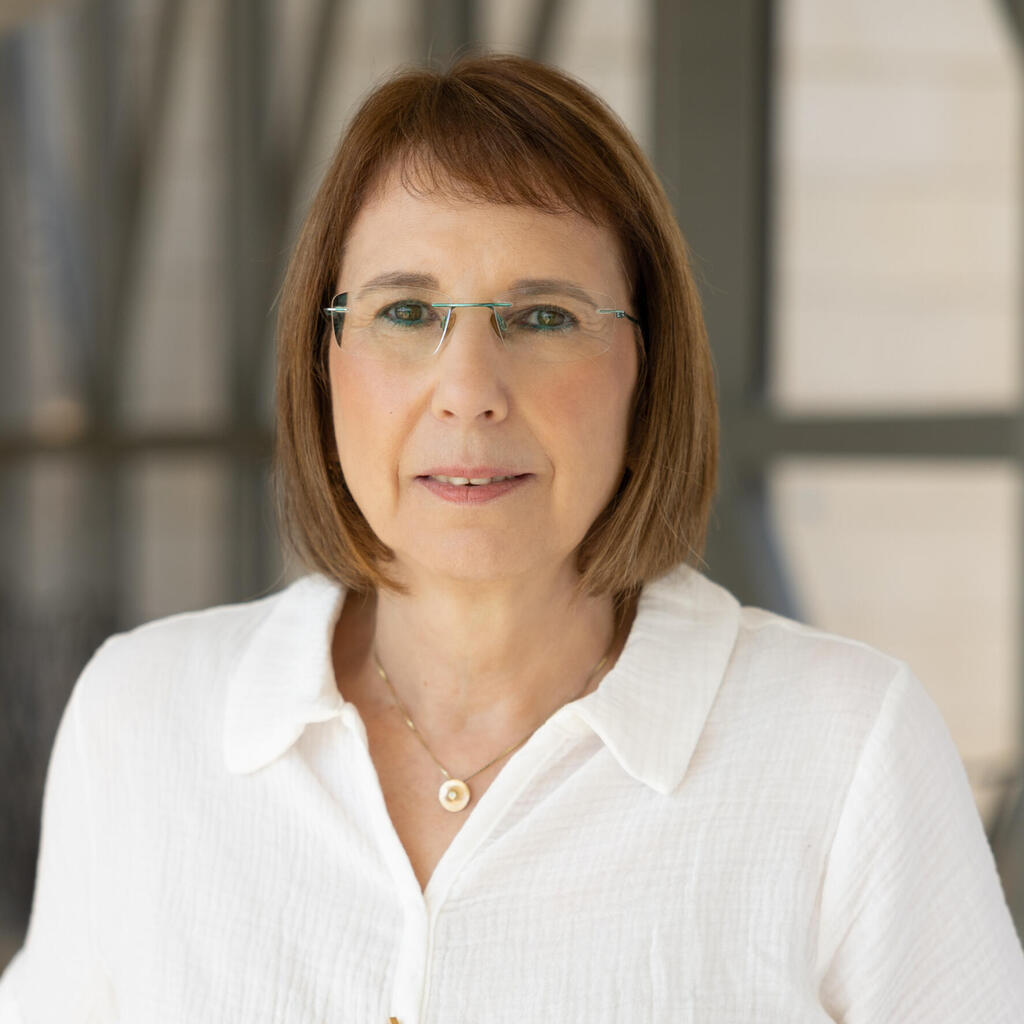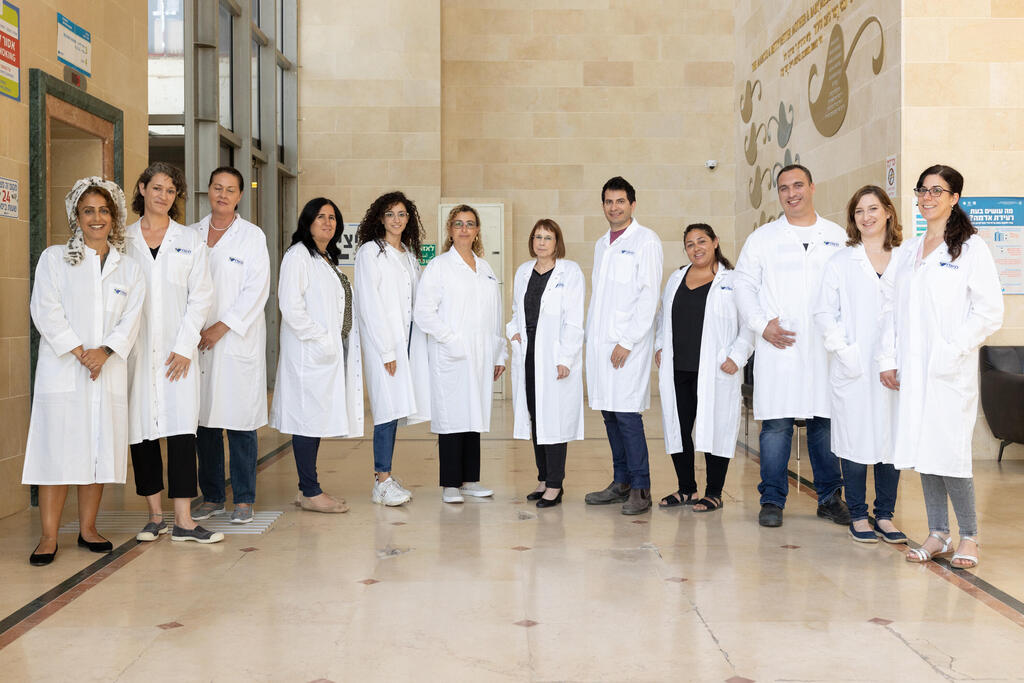
BioGenCell pioneers revolutionary cell therapy for microvascular disease
CEO Yael Porat spoke to CTech about the Israeli biotech company’s groundbreaking cell therapy technology for the common and debilitating disease whose primary treatment today is amputation
Microvascular diseases are among the most debilitating and common chronic illnesses in the world, with millions of people suffering from them worldwide. Often a result of advanced diabetes, the illness leads to severe blood clots and chronic ischemia in the legs. After exhausting other treatments, amputation is considered the last resort, and in the U.S. alone 70,000 take place each year to treat this illness. For over 100,000 there is no available treatment.
Enter BioGenCell, an Israeli biotech company spearheaded by CEO Yael Porat, which is pioneering a revolutionary treatment using cell therapy to restore function and improve the quality of life for these patients. In a recent interview with CTech, Dr. Porat detailed the motivation behind their groundbreaking work and the promising results they have already achieved.
"We were driven by the sheer lack of effective treatments," Dr. Porat explains. "I was thinking about how I could make a treatment that was accessible, safe and the fastest mode for the patient, and without having to repeat the process again and again. The pain of microvascular disease patients can be at the level of Stage 4 Cancer. Most patients at this point can’t walk anymore, and this, together with their repeated wound treatment and ongoing suffering, affects them, their family members and all those close to them.”
BioGenCell’s treatment is the first to combine immune and stem cell therapies for the production of personalized cell treatments, using the patient’s own blood. A simple blood draw provides the raw material: white blood cells, which are then tailored and activated to create multifunctional therapeutic cells. This process, remarkably, takes only one day. The prepared cells are injected into the muscle of the leg, where the cells promote regeneration in damaged tissues and restore function. The entire process, from blood collection to injection, is completed within a few days, with effects visible in one to three months. Best of all, it is a single treatment with no additional or repeated treatments required.
“Our mission is to improve quality of life and not just extend it. The same patient after treatment can after a few months walk, function and live without pain,” says Dr. Porat. “The first people that need to be treated are the most vulnerable populations, and nobody gives them attention yet they are a growing population. They should be able to live with dignity. This is my passion and why I do what I do.”
Dr. Porat is an immunologist with a PhD from Tel Aviv University and has a background in monoclonal antibodies with a long career in product development. In addition, she says that her personal experience was a driving force in establishing this venture 15 years ago. "My mother suffered from diabetes and kidney failure and went through the slow deterioration that so many of our patients experience. She went from one surgery to another, not being able to walk, with no quality of life, so I know how the patients and their families feel."
Dr. Porat says that because BioGenCell’s solution, based on its proprietary technology called TRACT (Tissue Regenerative Activated Cell Therapy), leverages the body's own immune cells, the treatment elicits minimal potential harmful side effects which usually can happen from introducing foreign cells to the body. "We don’t alter any genes. Instead, we use a stepwise activation process to create a unique mixture of therapeutic cells," Dr. Porat elaborates. “These cells not only regenerate blood vessels but also reduce inflammation, promoting tissue regeneration and overall healing.”
While there are other potential treatments that utilize cell therapy, none are on the market but still in development, and rely on bone marrow derived cells which is a far slower, more invasive, painful and costly option compared to BioGenCell.
BioGenCell's treatment has already shown remarkable results: the primary outcome of Phase 1 was a 100% amputation-free survival rate, a significant improvement for a disease with a 30% amputation rate and 20% mortality within a year of diagnosis. Moreover, patients have reported a complete cessation of opioid use, typically administered to cope with the debilitating pain, and significant improvements in mobility and pain levels. "One patient went from being unable to walk to folk dancing within the year," Porat shares. "It's incredible to witness such transformations."
Additionally, the treatment, a simple and quick process including a blood draw, analysis and injection, would yield tremendous economic benefits by reducing the burden on the healthcare system. It currently costs about $150,000 per patient per year to treat those suffering from advanced microvascular disease and amputation, of which there are at least 2 million in the U.S.
Phase 2 trials are underway in the U.S. including at Yale and Johns Hopkins, in Israel including at Laniado hospital where BioGenCell is headquartered, Belgium, and Georgia. Dr. Porat expects the trials to be completed by September 2025. The company, which has raised a total of $16 million, is currently raising funds for its Phase 3 trials with the goal of expanding its manufacturing capabilities globally to increase the treatment's accessibility.
Dr. Porat has a long-term vision and already sees how BioGenCell’s technology could be used to treat other diseases beyond microvascular diseases, including hypertension, kidney disease, heart disease, and vascular dementia. “We are very small, only about 15 people but we don’t think small. We know that once we show what we’ve already seen in the first patients, there will be a revolutionary way of thinking.”















